Propolis Boosts Good Cholesterol and Prevents Heart Disease in Studies
Two major causes of heart disease, high LDL cholesterol and elevated homocysteine levels, are successfully targeted by Propolis says researchers

by Angela Van Alten, Nutritionist and Beekeeper's Daughter
Propolis, the amazing, dark 'glue' that bees use to narrow the opening of their hives to keep out unwelcome intruders continues to add to the list of health benefits it can offer.
In this recent study published in the journal Lipids, scientists examined the effects of propolis on something called the 'reverse cholesterol transport.'
This is the process that results in the net movement of cholesterol from the body back to the liver via your blood so that the liver can eliminate it from your body through bile.
What the scientists did was inject cholesterol into mice that were fed propolis. They then measured different parameters in the mice to find out if the propolis enhanced the "reverse cholesterol transport" or the ability of your body to remove cholesterol from the body.
Stunningly, they found that propolis did in fact do this, leading them to proclaim that propolis is beneficial for increasing your HDL cholesterol (good cholesterol) and diminishing the risks of heart disease.
Propolis May Help Prevent Heart Disease
In another study, propolis was examined to determine if it has any role in heart disease prevention. Heart disease refers to conditions that involve narrowed or blocked blood vessels that can lead to a heart attack, chest pain (angina) or stroke. Your heart is a muscle that gets energy from blood carrying oxygen and nutrients. Having a constant supply of blood keeps your heart working properly. Most people think of heart disease as one condition. But in fact, heart disease is a group of conditions affecting the structure and functions of the heart and has many root causes.
One of those causes is elevated homocysteine levels. Homocysteine generates something called 'reactive oxygen species (ROS)' which create oxidative stress in the body and lead to damage within the heart, ultimately leading to heart disease. If you've heard of 'antioxidants', think of ROS as pro-oxidants or free radicals.
It is well known and I've discussed many times that Propolis has various biological activities and powerful antioxidant capacity. The flavonoids and phenolic acids (the most bioactive components of propolis), have a superior antioxidant ability to defend cells from free radicals.
Knowing this, could Propolis limit the damage of ROS caused by elevated Homocysteine levels and help prevent heart disease? Scientists in Turkey set to find out.
The Turkish researchers treated human heart cells that had elevated homocysteine levels with Propolis and what they found was astounding. Propolis decreased the overproduction of free radicals and lipid peroxidation in the cells. Fewer free radicals result in less damage to your arteries and less risk of heart disease because your arteries don't clog up! It has long been thought that eating saturated fat leads to clogged arteries but from studies like this one, we know that excessive free radicals and diets low in antioxidants are what actually lead to clogged arteries.
To stave off heart disease, eat a diet high in antioxidants (fruits and veggies) and considering including high antioxidant supplements like propolis, bee pollen and royal jelly.
How Much Propolis to Take for Heart Health?
Unfortunately, neither of the studies stated the dose of propolis used to obtain the results they did. Undoubtedly, studies down the road will reveal this valuable information. I know this is important to you so I'm going to offer my opinion on what amount I'd recommend taking to get this cholesterol lowering effect based on some of the other human studies in which propolis has shown a strong therapeutic result.
A daily dose of 100 mg/kg (about 6.8 grams for a 150 lb person) has been shown to have strong therapeutic activity in the body. This was done in studies unrelated to cardiovascular health, which must be kept in mind, but it is suggestive of an oral dose of propolis that might be effective.
Six grams of propolis is not an unreasonable amount of propolis to ingest each day but it is still on the high end ( 6 x 1000 mg capsules per day). That being said, I recommend to my clients that they begin in the 3 - 4 gram range after having their cholesterol levels tested. Take this dose for 3 months and then re-test. If cholesterol levels are not receding, increase this dose by one gram and re-test in 3 months.
Consider also taking the following supplements along with Propolis to further support a health heart:
- Medi C Plus (Vitamin C and Lysine formula)
- Sytrinol
- Coenzyme Q10
- Omega 3 Fatty Acids from Fish Oil
- Royal Jelly
References:
Acta Histochem. 2016 Apr 13. pii: S0065-1281(16)30041-1
†These statements have not been evaluated by the Food and Drug Administration. This product is not intended to diagnose, treat, cure or prevent any disease.
|
|
|


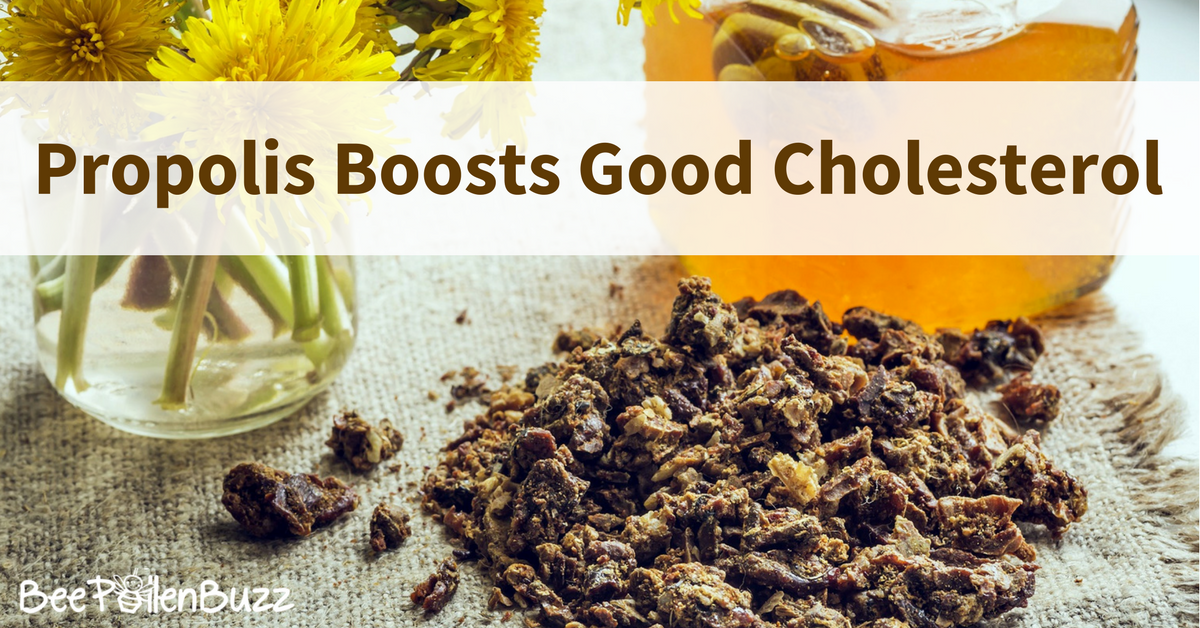
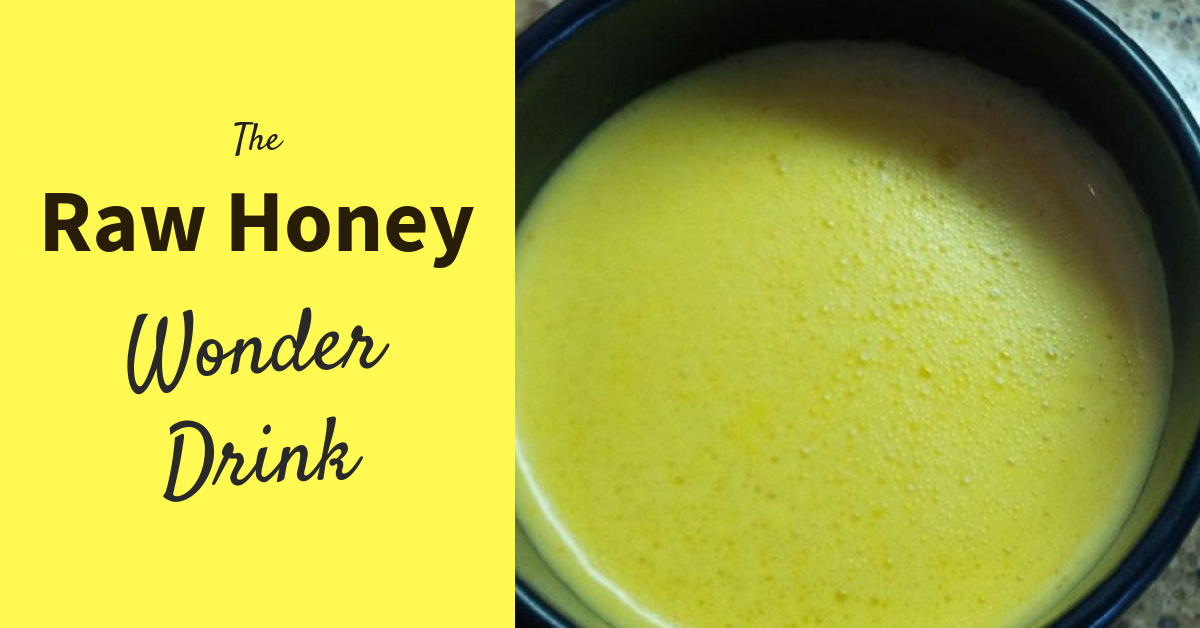
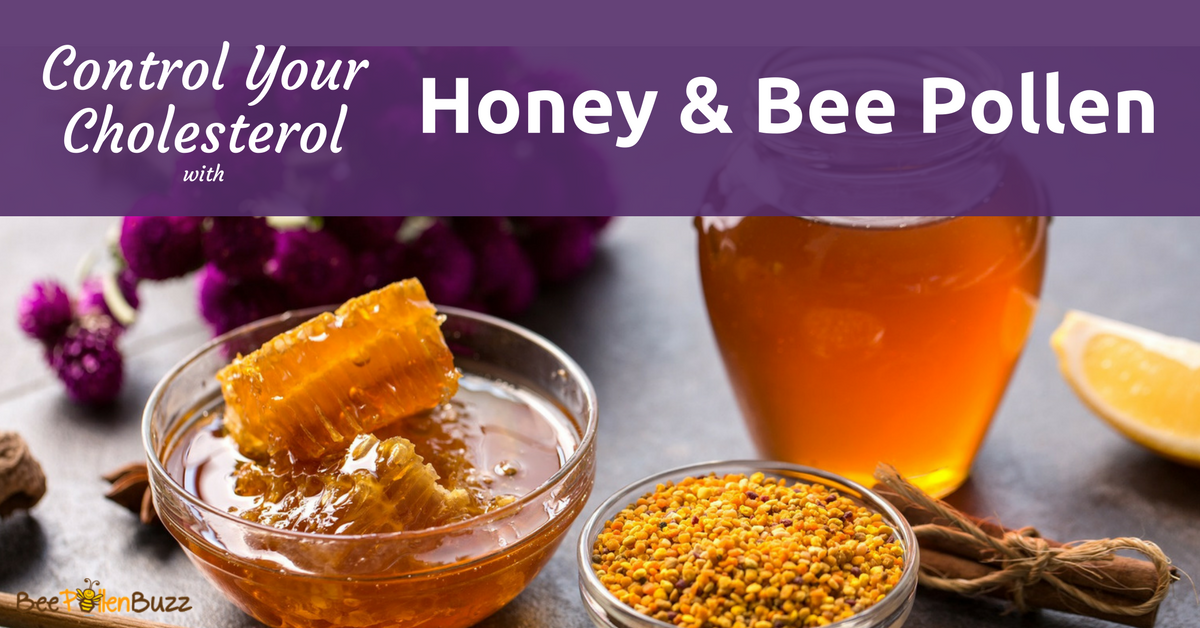
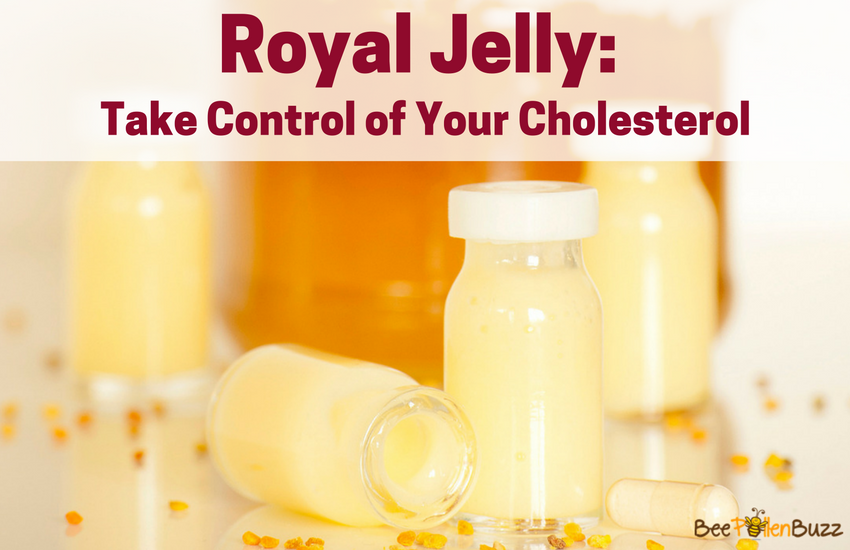
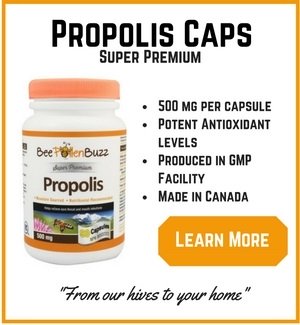
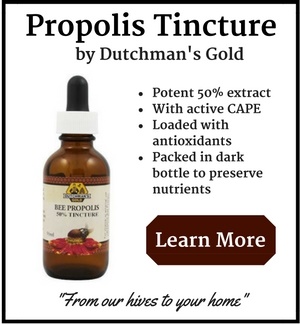
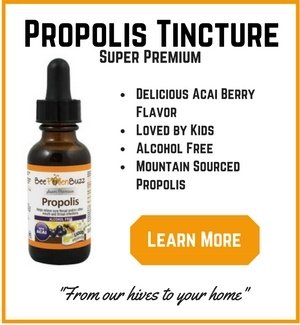
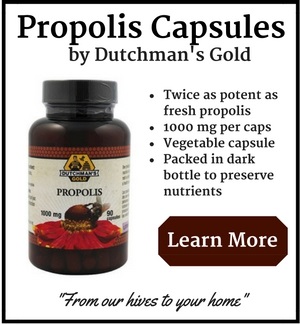






New! Comments
Do you have something to say about what you just read! Leave me a comment in the box below. I'd love to hear from you!